Intro
Discover the role of Luteinizing Hormone in regulating fertility, ovulation, and testosterone production, exploring its effects on reproductive health, hormone balance, and overall wellness.
The human body is a complex system, comprising various hormones that regulate different bodily functions. One such hormone is the luteinizing hormone, which plays a vital role in the reproductive system of both men and women. Understanding the importance of luteinizing hormone is essential for maintaining overall health and well-being. In this article, we will delve into the world of luteinizing hormone, exploring its functions, benefits, and significance in the human body.
Luteinizing hormone is produced by the pituitary gland, a small endocrine gland located at the base of the brain. The pituitary gland is often referred to as the "master gland" because it regulates the production of hormones in other endocrine glands. Luteinizing hormone is released into the bloodstream, where it travels to the reproductive organs, stimulating the production of other hormones that are essential for fertility and reproductive health. The importance of luteinizing hormone cannot be overstated, as it plays a crucial role in the regulation of the menstrual cycle in women and the production of testosterone in men.
The role of luteinizing hormone in the human body is multifaceted. In women, it stimulates the growth and maturation of follicles in the ovaries, which produce eggs. Luteinizing hormone also triggers the release of an egg from the ovary, a process known as ovulation. In men, luteinizing hormone stimulates the production of testosterone, a hormone that is essential for the development of male characteristics, such as facial hair, deep voice, and muscle mass. Testosterone also plays a critical role in the production of sperm, making it essential for male fertility. The significance of luteinizing hormone in the human body is undeniable, and its dysregulation can lead to various reproductive disorders.
Luteinizing Hormone and Reproductive Health

Benefits of Luteinizing Hormone
The benefits of luteinizing hormone are numerous. It plays a critical role in the regulation of the menstrual cycle, ensuring that it occurs regularly and that the body is prepared for a potential pregnancy. Luteinizing hormone also stimulates the production of progesterone, which helps to thicken the lining of the uterus, preparing it for the implantation of a fertilized egg. In men, luteinizing hormone stimulates the production of testosterone, which is essential for the development of male characteristics and the production of sperm. The benefits of luteinizing hormone can be summarized as follows: * Regulates the menstrual cycle in women * Stimulates the production of progesterone, preparing the uterus for a potential pregnancy * Stimulates the production of testosterone in men, essential for the development of male characteristics and the production of sperm * Plays a critical role in the regulation of reproductive healthLuteinizing Hormone and Fertility
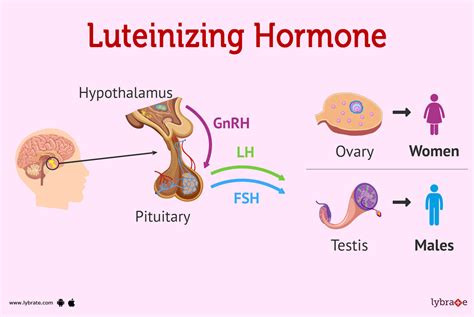
How Luteinizing Hormone Affects Fertility
Luteinizing hormone affects fertility in several ways. In women, it regulates the menstrual cycle, ensuring that it occurs regularly and that the body is prepared for a potential pregnancy. Luteinizing hormone also stimulates the production of progesterone, which helps to thicken the lining of the uterus, preparing it for the implantation of a fertilized egg. In men, luteinizing hormone stimulates the production of testosterone, which is essential for the production of sperm. The effects of luteinizing hormone on fertility can be summarized as follows: * Regulates the menstrual cycle in women, ensuring that it occurs regularly and that the body is prepared for a potential pregnancy * Stimulates the production of progesterone, preparing the uterus for a potential pregnancy * Stimulates the production of testosterone in men, essential for the production of sperm * Plays a critical role in the regulation of reproductive health and fertilityLuteinizing Hormone and Menstrual Cycle
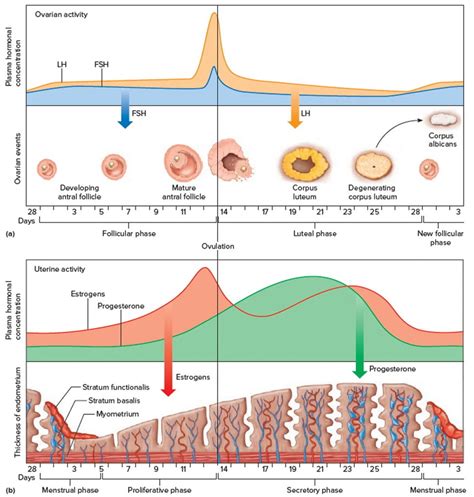
How Luteinizing Hormone Regulates the Menstrual Cycle
Luteinizing hormone regulates the menstrual cycle in several ways. It stimulates the growth and maturation of follicles in the ovaries, which produce eggs. Luteinizing hormone also triggers the release of an egg from the ovary, a process known as ovulation. The effects of luteinizing hormone on the menstrual cycle can be summarized as follows: * Stimulates the growth and maturation of follicles in the ovaries, which produce eggs * Triggers the release of an egg from the ovary, a process known as ovulation * Regulates the production of progesterone, preparing the uterus for a potential pregnancy * Plays a critical role in the regulation of reproductive health and fertilityLuteinizing Hormone and Pregnancy
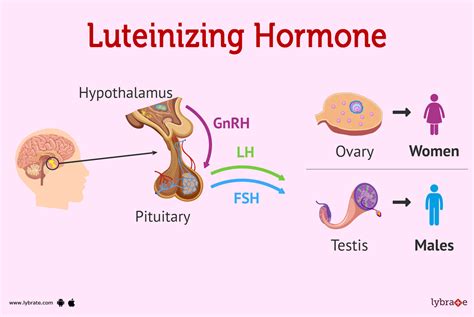
How Luteinizing Hormone Affects Pregnancy
Luteinizing hormone affects pregnancy in several ways. It stimulates the production of progesterone, which helps to thicken the lining of the uterus, preparing it for the implantation of a fertilized egg. Luteinizing hormone also regulates the growth and development of the embryo, ensuring that it receives the necessary nutrients and support for growth. The effects of luteinizing hormone on pregnancy can be summarized as follows: * Stimulates the production of progesterone, preparing the uterus for a potential pregnancy * Regulates the growth and development of the embryo, ensuring that it receives the necessary nutrients and support for growth * Plays a critical role in the regulation of reproductive health and fertility * Essential for maintaining a healthy pregnancy and preventing reproductive disordersLuteinizing Hormone and Infertility
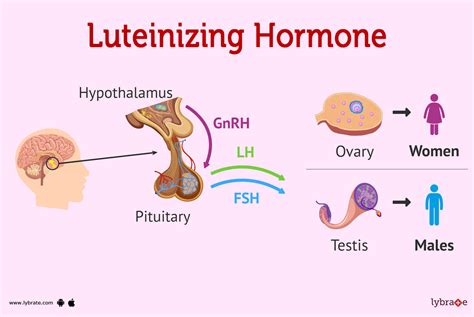
How Luteinizing Hormone Affects Infertility
Luteinizing hormone affects infertility in several ways. Its dysregulation can lead to various reproductive disorders, such as irregular periods and low sperm count. In women, luteinizing hormone stimulates the growth and maturation of follicles in the ovaries, which produce eggs. In men, luteinizing hormone stimulates the production of testosterone, which is essential for the production of sperm. The effects of luteinizing hormone on infertility can be summarized as follows: * Regulates the menstrual cycle in women, ensuring that it occurs regularly and that the body is prepared for a potential pregnancy * Stimulates the production of testosterone in men, essential for the production of sperm * Plays a critical role in the regulation of reproductive health and fertility * Essential for maintaining fertility and preventing reproductive disordersLuteinizing Hormone and Polycystic Ovary Syndrome (PCOS)
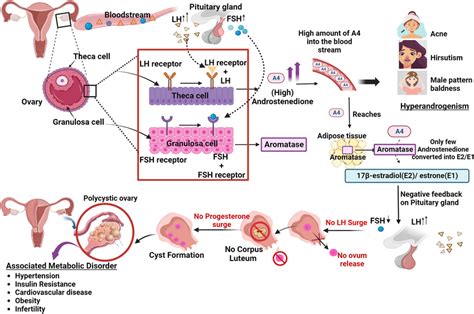
How Luteinizing Hormone Affects PCOS
Luteinizing hormone affects PCOS in several ways. Its dysregulation can lead to various reproductive disorders, such as irregular periods and infertility. In women with PCOS, luteinizing hormone levels are often elevated, leading to an overproduction of androgens, such as testosterone. The effects of luteinizing hormone on PCOS can be summarized as follows: * Regulates the menstrual cycle in women, ensuring that it occurs regularly and that the body is prepared for a potential pregnancy * Stimulates the production of progesterone, preparing the uterus for a potential pregnancy * Plays a critical role in the regulation of reproductive health and fertility * Essential for maintaining reproductive health and preventing reproductive disordersLuteinizing Hormone and Low Testosterone Levels
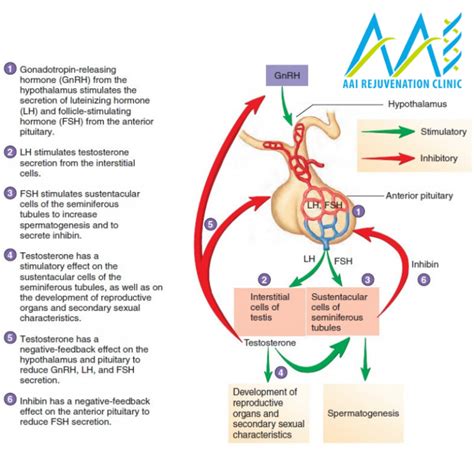
How Luteinizing Hormone Affects Low Testosterone Levels
Luteinizing hormone affects low testosterone levels in several ways. Its dysregulation can lead to various reproductive disorders, such as low sperm count and infertility. In men, luteinizing hormone stimulates the production of testosterone, which is essential for the development of male characteristics and the production of sperm. The effects of luteinizing hormone on low testosterone levels can be summarized as follows: * Regulates the production of testosterone, essential for the development of male characteristics and the production of sperm * Plays a critical role in the regulation of reproductive health and fertility * Essential for maintaining reproductive health and preventing reproductive disorders * Stimulates the production of progesterone, preparing the uterus for a potential pregnancyWhat is luteinizing hormone?
+Luteinizing hormone is a hormone produced by the pituitary gland that plays a critical role in the regulation of the menstrual cycle and fertility.
What are the benefits of luteinizing hormone?
+The benefits of luteinizing hormone include regulating the menstrual cycle, stimulating the production of progesterone, and playing a critical role in the regulation of reproductive health and fertility.
How does luteinizing hormone affect fertility?
+Luteinizing hormone affects fertility by regulating the menstrual cycle, stimulating the production of progesterone, and playing a critical role in the regulation of reproductive health and fertility.
What is the relationship between luteinizing hormone and polycystic ovary syndrome (PCOS)?
+Luteinizing hormone plays a critical role in the regulation of the menstrual cycle and fertility, and its dysregulation can lead to various reproductive disorders, such as PCOS.
How does luteinizing hormone affect low testosterone levels?
+Luteinizing hormone affects low testosterone levels by regulating the production of testosterone, essential for the development of male characteristics and the production of sperm.
In conclusion, luteinizing hormone plays a vital role in the regulation of the menstrual cycle and fertility. Its dysregulation can lead to various reproductive disorders, such as infertility, PCOS, and low testosterone levels. Understanding the importance of luteinizing hormone is essential for maintaining reproductive health and preventing reproductive disorders. We hope that this article has provided you with a comprehensive understanding of luteinizing hormone and its significance in the human body. If you have any questions or comments, please feel free to share them with us. We would be happy to hear from you and provide you with more information on this topic.
